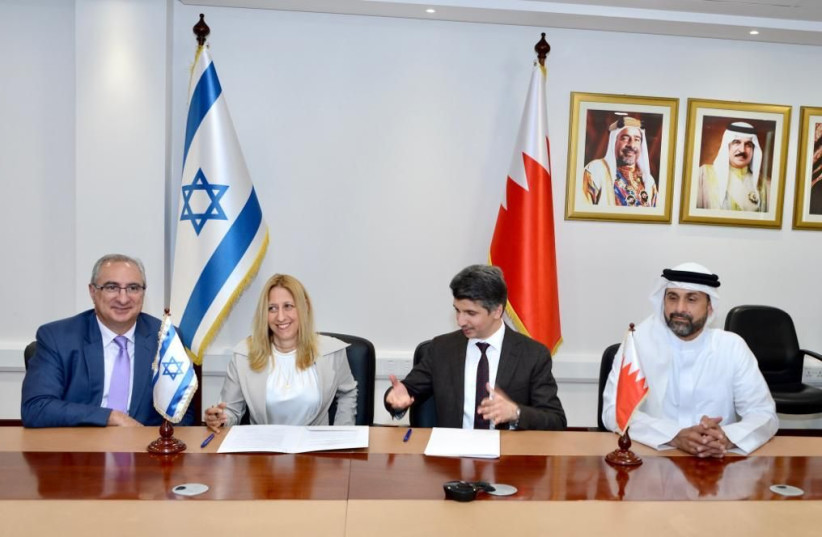On Shavuot, one of the three pilgrimage festivals, we will celebrate the giving of the Torah at Mount Sinai and the grain harvest. In many ways, Shavuot is all about community, whether it was Moshe bringing down the Ten Commandments from Mount Sinai to the Jewish people or whether we focus on the grain harvest and how the Jewish people would gather for the festival. This holiday reminds us that community is central to the Jewish people and our growth.
Interestingly, the Ten Commandments – central to the theme of the holiday – are prevalent in all the Abrahamic religions and are perhaps one of the most obvious expressions of coexistence. It binds us all together – Jews, Muslims and Christians. These two themes of community and coexistence epitomize what it is like to be a Jew in Bahrain.
The Jewish community in Bahrain dates back to the late 1800s, when a group of Iraqi Jews arrived in search of economic opportunities and a better lifestyle. Many of the Jewish families were traders and started their own businesses, such as money exchange, textiles and electronics. Others worked for the oil companies, banks and schools. Since then, our families have lived alongside Muslim families and we are part of the fabric of Bahraini society.
Indigeneity
We are proud to be the only indigenous Jewish community in the Gulf and to have the oldest and only functioning synagogue in the region, as well as the only operating Jewish cemetery. The key to the community’s success has been our broader participation in Bahraini society and being part of one another’s lives. We don’t see each other as different communities but rather as one with shared values of friendship and coexistence. We join one another for life cycle events such as births, weddings and funerals, and for festivals such as Hanukkah and Ramadan.
Our community has flourished thanks to the support and close relationships that we have with Bahraini leadership, the government and the people. All of this stems from King Hamad bin Isa Al Khalifa’s deep commitment to coexistence.

Since the signing of the Abraham Accords, our Jewish community has seen an influx of Jewish tourists from all over the world who have come to visit us and our synagogue aptly named The House of Ten Commandments. When they walk into the synagogue, they are immediately greeted by the Ten Commandments written in Arabic and Hebrew that hang by the ner tamid, (the eternal light) above the ark. Having them in both languages is an expression of coexistence and pays homage to the importance these commandments have in our religion and that of Islam.
Many remark that this is the first time they have seen the Ten Commandments in Arabic in a synagogue and it leads to a discussion about coexistence. The Ten Commandments have become an icon of coexistence and something that all of the Abrahamic faith communities support.
As we look toward to the future of our community, we are very appreciative of our country’s leadership, who believe in coexistence and that we are all part of one community.
The writer served as Bahrain’s ambassador to the United States from 2008 to 2013. She serves on the board of the Association of Gulf Jewish Communities. For more information, visit www.gulfjewish.org.
